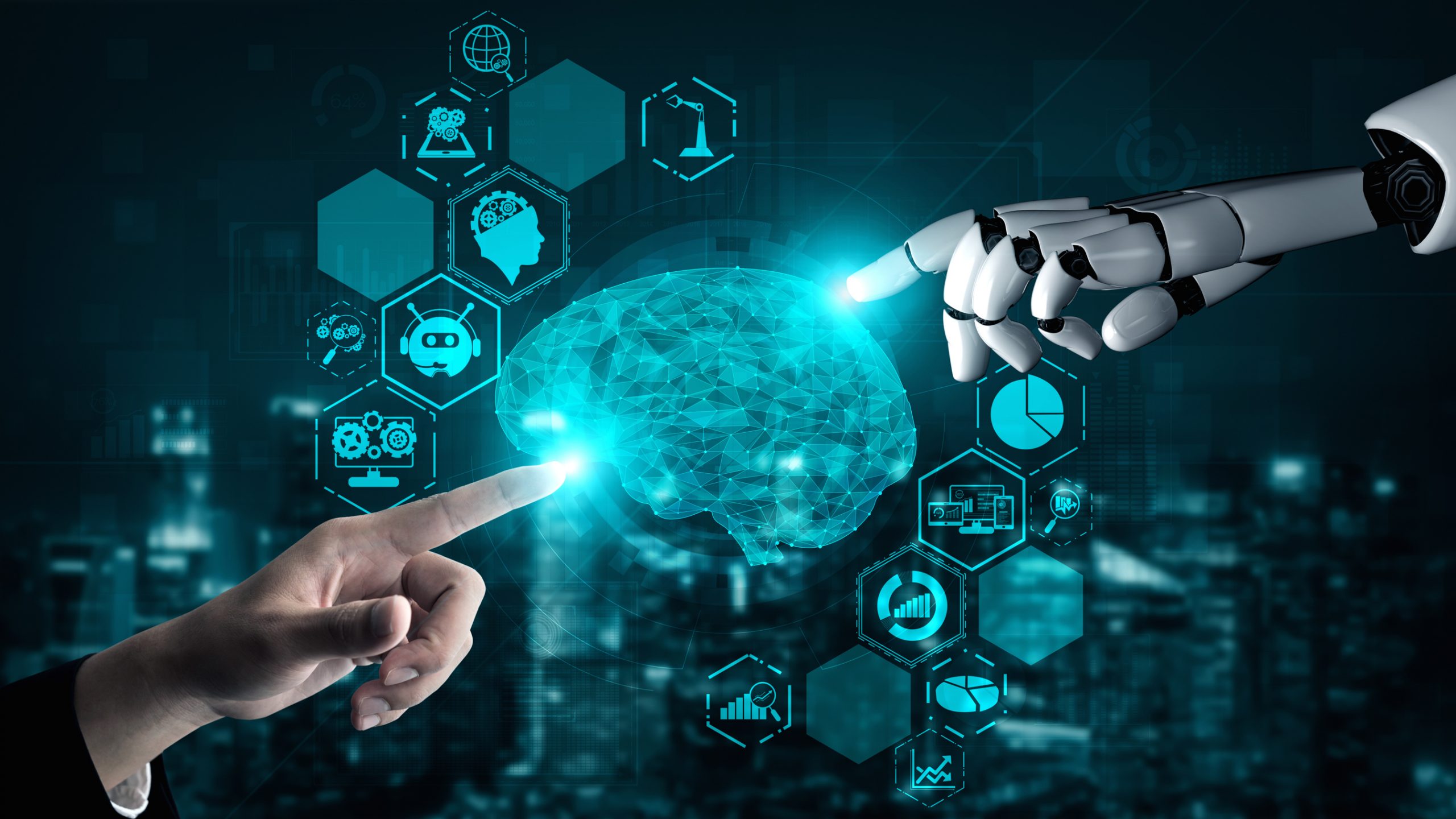Artificial Intelligence: Can the Bots Think?

Artificial intelligence, in popular messaging, purports to solve intelligence. Is it really possible to "solve intelligence" with the cold, cynical binary that constitutes the digital realm? The question defies an easy solution. In his book, "The Eye of the Master", associate professor in Philosophy of Science at Ca' Foscari University in Venice Matteo Pasquinelli argues the project of AI is not a pursuit of the reproduction of human intelligence but is rather a reproduction of the ways in which humans communicate socially and economically. This makes sense and is a quite standard dialectical proposition. As Marx put it, the worker is not a static fixture, but is a label placed by the owner of the means of production onto the human who performs the labor. The worker, therefore, comes into being by the ways in which they relate to others.
For example, the truck driver performs their task not as an agent of their own becoming, but as a middleman between two entities of higher economic power than themselves. They transport goods from point A to point B for the sole purpose of the acquisition of capital and/or other means of survival. They do not, however, do this mindlessly. As recent advancements in artificial intelligence, and more importantly their shortcomings, have demonstrated to us, it is rather difficult to program a car, much less a truck, to fully understand the logic and culture of driving in each locale. Elon Musk himself has admitted in the wake of numerous fatalities by Teslas attempting to drive themselves that, "generalized self-driving is a hard problem". Pasquinelli argues that, if AI is to truly begin driving cars and trucks fully autonomously, it is proof that "all labor is logic".
To really understand the core of the contradiction between human intelligence and artificial intelligence, we need to look at the history of computing. In the late 1700s, the mathematician Gaspard de Prony applied the industrial method of division of labor to hand calculation, arranging a sort of "social algorithm", dividing the calculation into 3 parts to be completed by 3 sets of clerks. A few years later in England, Charles Babbage adopted the framework of this division of labor into his "Difference Engine" which was the first prototype of the modern computer. Thus, we automated the division of labor. We created the framework by which later societies could relegate the systems of the factory floor to purely computational tasks.
Michel Foucault posited that discipline, enacted through segmentation of time, space, and relations, prepared the terrain for the capitalist regime of exploitation. Pasquinelli points out that this relationship is facilitated by the "eye of the master", the watchful supervisor who observes their workers and threatens to enact discipline.
The effects of this can be observed today, although technology has only accelerated the owner's task of enacting discipline and increased the ability for the exploitation and arbitrary segmentation of the time and geography of labor among workers. Further than the exploitation of workers, we need to recognize the reverberations felt by all of society. Even when not at work, our data is being harvested by websites, ads, and most acutely, social media. I find the short-form video a perfect example of this. More precisely, the technology which facilitates the proliferation of the short form video. TikTok is not necessarily powerful because it produces meaningful cultural products. On the contrary, I would argue that Tiktok is prolific precisely because it undermines an American culture which our generation is correctly angry at through an artificial intelligence programmed without consideration of America's goals for propaganda. This is precisely where the problem lies. America is two things at once. We are the richest, most powerful government and ownership class in the history of the world grafted onto a mass of extremely exploited working class Americans and immigrants.
We need to recognize this in relation to the use of technology by our government and its corporations. It is a tool for manufacturing culture and consent that can be automated and controlled by the very people that own the land we work on and the tools we use to do those jobs. It is also a tool for violent repression used to facilitate the many colonial projects our genocidal government is currently undertaking.
The question of defining computers as intelligent or not is therefore besides the point to me. I believe a human being is the only thing that can produce meaning in this world, and whether or not meaning is necessarily constitutive of intelligence is up to you. What is more important are the ways in which technology is used. I believe that our future lies offline, not online. At least, the future for those who desire the fullest experience of what it means to be human. I would not, however, argue for the destruction of the internet outright as many primitivists and anarchists have. I would argue for the selective acquisition of these tools by groups on the left who believe in an equitable future for the working class and oppressed peoples of the world. Successful revolutionary groups turn the tools of the empire against the empire. They do not outright reject them. A more equitable world is offline, but our road to get there involves a calculated use of AI and the internet.
